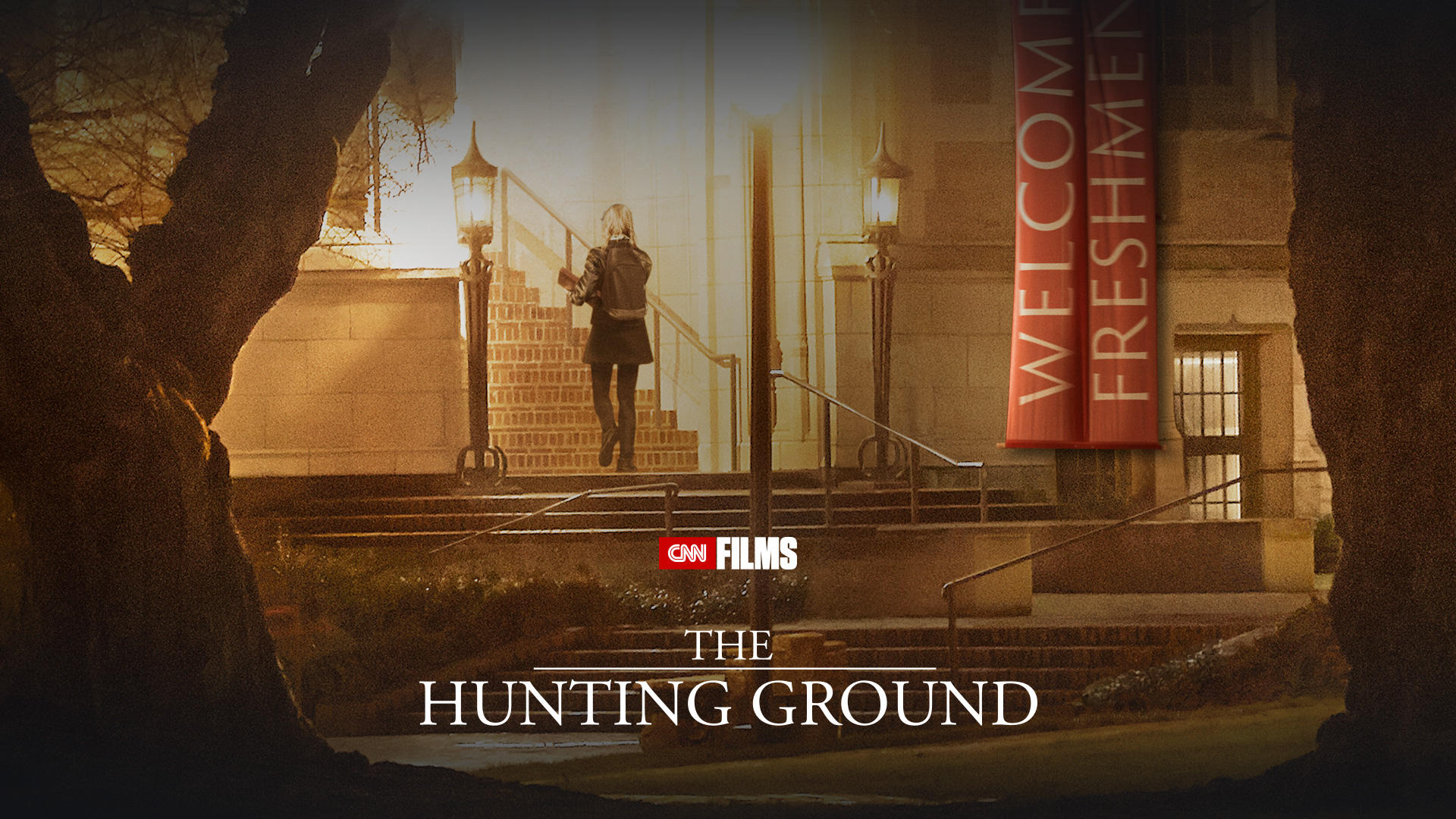Why Every Student Journalist Should Watch The Hunting Ground

Look around the next class you’re in. Count off the women.
One… two… three… four… sexually assaulted.
Repeat this until you run out of females in the class.
It’s the world’s worst, most sadistic game of duck, duck, goose.
No, these aren’t necessarily the sexual assault survivors in the class, but they represent the number of women who are sexually assaulted during college.
One in five women is sexually assaulted during their four years at university. Many of those women are freshmen whose sexual assaults occur before classes even begin.
Imagine it. Their parents move them into the dorm, the family cries as they say goodbye to each other, then before the crush that comes with academic rigor even begins, the student is sexually assaulted.
Some of you may not even have to imagine it. You’ve experienced it yourself.
Being a student journalist means covering all types of things that happen on campus. Sexual assault is one of those things.
You’re unlikely to get through your four years of college without this coverage. You’re likely to experience a sexual assault, either through a friend, classmate or, God forbid, your own personal experience. These experiences will make this coverage even more difficult.
Despite the likelihood of experience, student journalists don’t seem to understand the prevalence of sexual assault on campus or the importance of their role in informing the campus community in a way that makes it safer. This lack of understanding of the issue is the reason all student journalists should watch The Hunting Ground.
The documentary, directed by Kirby Dick and produced by Amy Ziering, tells the story of sexual assault crimes and cover-ups on U.S. college campuses. Many of the stories are told by the survivors of those sexual assaults.
I’ve required students in two classes to watch the film and reflect on it.
The first class was a victims coverage independent study with two current and two former student media editors. After watching the film, the former editors said they wish they had seen the documentary before because it would have caused them to do more reporting and ask tougher questions about sexual assaults on campus. The two current editors agreed that they planned to do more after watching the film.
The second class was asked to consider whether student media have an ethical obligation to report on sexual assault issues on campus, beyond what’s included in criminal reports. All but two of the 23 students in the course wrote papers claiming it to be the responsibility of student journalists to watchdog administrators’ handling of these issues and to educate the student body to help keep them safe.
One student wrote:
“If student journalists don’t report about rapes and sexual assaults, it is likely that nobody else will.”
She’s not wrong. Consider these statistics from The Hunting Ground:
- Nearly 90 percent of women sexually assaulted on campus do not report, many of them because they don’t know what happened to them was sexual assault or because they blame themselves for drinking too much or trusting the person who assaulted them.
- Less than 8 percent of men in college commit more than 90 percent of sexual assaults. Repeat offenders average six or more acts of sexual assault each.
- Less than half of colleges report any sexual assaults having occurred on their campuses.
If you don’t expose this problem and address it, literally no one else will.
Watch The Hunting Ground on Netflix. Get angry about this issue, then get involved.
 Dr. Kenna Griffin is an assistant professor of mass communications and director of student publications at Oklahoma City University. She is the author of the Prof KRG blog, which serves as a practical resource for student journalists. She is a journalist, reader, shoe lover, wife, mother of two, and the spoiler of a couple of adorable dogs.
Dr. Kenna Griffin is an assistant professor of mass communications and director of student publications at Oklahoma City University. She is the author of the Prof KRG blog, which serves as a practical resource for student journalists. She is a journalist, reader, shoe lover, wife, mother of two, and the spoiler of a couple of adorable dogs.